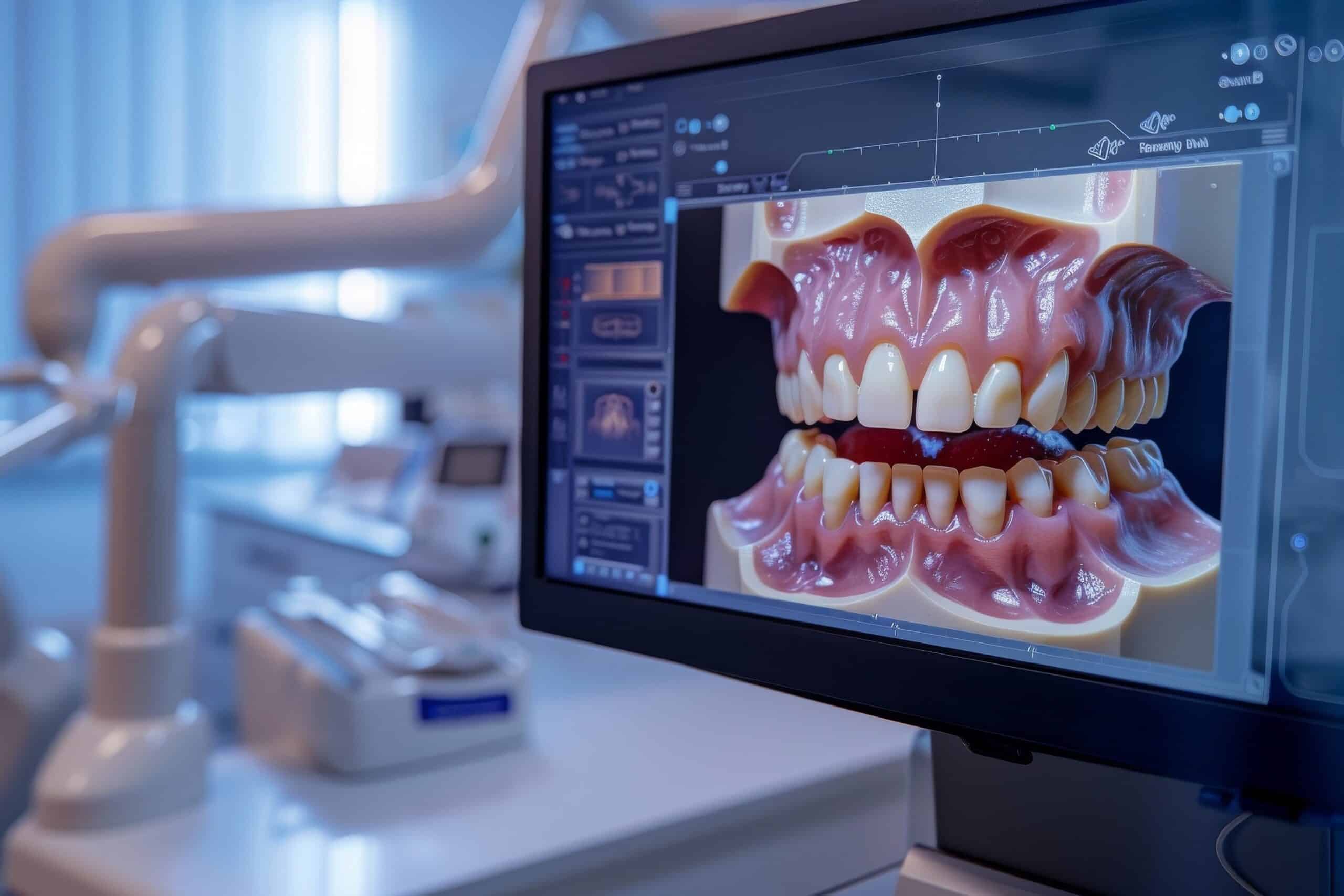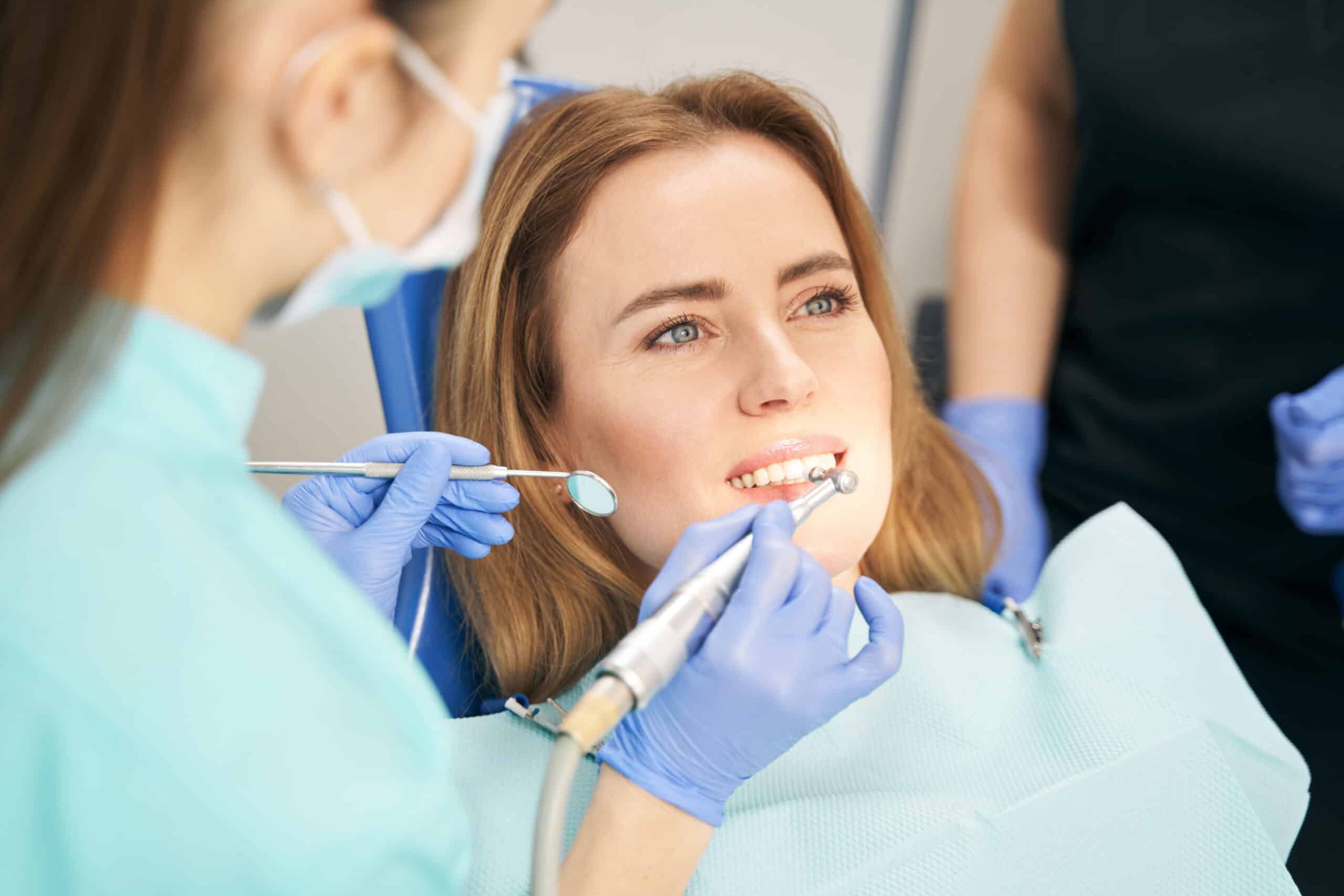For those suffering from tooth loss, there have never before been so many options for replacement. It’s not just about the costs either when choosing one option over the other. Other things to consider include general oral health, gum health, and the condition of other teeth. How to decide between dental implants, bridges, and dentures? What are the differences?
Is One Better Than the Other?
Realistically, we should not be looking at the three options as simply one better than the other two, which are worse, but rather view each of them as meeting different needs, purposes, and budgets.
Either way, all three satisfy the primary intention of preserving mouth functionality so that you’re able to eat those foods you enjoy, talk without constraint, and keep smiling with confidence. Which you choose depends on your unique situation.
Implants
This is one reason why dental implants are such an in-demand procedure: they provide a permanent solution. These are man-made teeth glued to a metal support that is connected to the jawbone. They look and feel like your own natural teeth.
Because of this, you can chew without worrying about movement or coming undone, which is a threat with bridges or dentures. They are placed to fill the gap, and the tongue and mouth can move naturally so nothing is wrong with speech.
Also, oral health is improved with dental implants compared to dentures, as denture slippage may lead to infecting gums, and more bacteria can thrive in unseen parts of dentures. The metal part implanted into your jaw stabilizes your jawbone, preventing other teeth from degrading.
Dental implants can be used to replace a single tooth or a full mouth of teeth. The downside to this option is that not everyone qualifies. Those who are eligible have good overall oral health with healthy gum tissue, do not smoke, and do not have a chronic health condition that impedes healing.
The state of the jawbone is one of the critical determinants of whether a dental implant can be placed. Candidates for an implant need a fully developed jawbone with sufficient healthy bone to support the implant or where the dentist can place a bone graft.
Bridges
Dental bridges are a long-standing solution for tooth replacement that has been proven in a variety of clinical settings. For a bridge, the artificial part that fills the gap is attached through metal fittings to the teeth on either side of the gap. That serves as an anchor for the artificial tooth, which can act like all your other teeth.
Bridges resemble normal teeth and also provide chewing function. The two metal clips on abutment teeth may be visible, depending on the reason. However, the majority of bridges are located at the back of your mouth. Today, implant-supported bridges are available, unlike what abutment teeth used to attach bridges.
Bridges support proper speaking and help a patient retain the shape of his or her face. When teeth are removed, the support from them disappears, often accompanied by a change in facial shape. Bridges bring other teeth together as well as prevent other teeth from moving into the space, which is common when a tooth or teeth are missing.
Bridges can help replace missing teeth and restore the smile permanently for the patient. They are comfortable and provide few problems for patients.
Below are some outlines of the disadvantages of dental bridges. The teeth supporting the bridge can be harmed subsequently, and this may endanger the bridge. A bridge crown that does not fit properly may trap bacteria and plaque under the crown/bridge and cause decay of adjacent teeth. The main structure that will support the tooth will also need to be strong, or you will find your bridge failing. You may even have a different bite and need to re-adjust to it.
Dentists will check those looking for a bridge to see if they qualify. Eligibility includes checking the supporting teeth for strength to support a bridge, or if you can make an implant-supported bridge. They also check gums for health.
Dentures
Dentures are most often considered the complete set of removable teeth Grandma or Grandpa had. That’s one version, but dentures have improved since your grandparents or great-grandparents had them.
Dentures mean any artificial tooth. Full dentures serve to replace the full set of teeth. Partial dentures can be removed and replace some missing teeth (not a complete set). Removable partial dentures replace some missing teeth in a row, and implant-retained dentures are dentures held by implants.
Impacted teeth are removed, and immediate dentures are placed immediately after, or All-On-Four, which are permanent dentures where an entire row of up to 14 teeth is held in place with four implants.
Most people who require full dentures have some form of periodontal disease in which their gums cannot hold teeth or have had extensive tooth decay. But there are other reasons that some patients require full or partial dentures. It may be due to other chronic illnesses, medications, or an accident.
One must note that dentures can either be removable or permanent in nature. Which one you select hinges on your oral health and lifestyle. Many choose permanently-fixed dentures for great chewing function with no slippage, a more natural feel and a more natural smile, and a lower complication rate regarding keeping them clean.
Removable dentures have one big drawback—they can slip, which can become a speech or chewing problem. But today, dentures are better tailored to your mouth and gums, so that isn’t a problem the way it once was.
All four types of dentures have their pros and cons. Features of your options might include whether it is temporary or permanent if it will let you chew fully, and if the appearance aligns with your smile.
The specific kind of denture you’ll receive will depend on a number of factors, including the number of teeth you want to replace, your bone density, your gum health, dietary restrictions, and cost. All of this should be addressed with your dentist.
Cost
Although costs vary by dental office, in Canada, the price for dental implants can go anywhere from $1,500 to $6,000. Bridges cost $500 to $1,500 per tooth and are significantly cheaper. In Canada, dentures cost $1,800 on average but vary based on the type of denture you buy. Dentures supported by implants are more expensive.
It’s nice to have the awareness that there is not one solution for those with missing teeth. All three of them do, as well—you can get back chewing function and your smile. Contact us to schedule an appointment to determine what is right for you!




